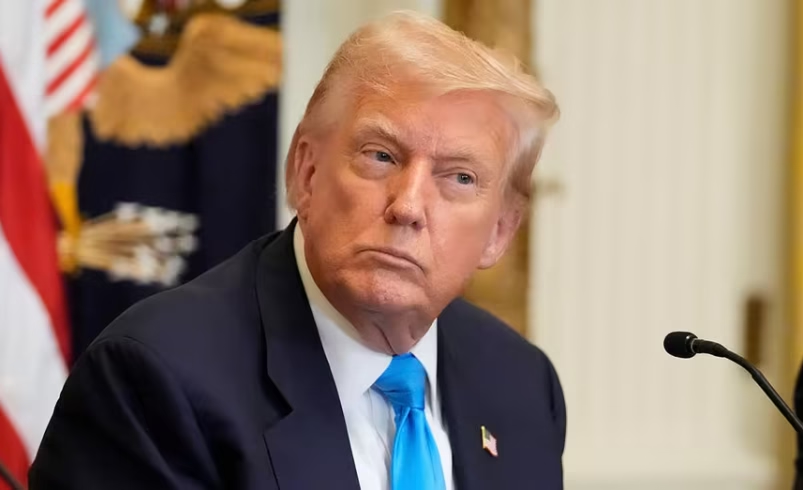Senate Standoff: Trump Pushes for Nominee Approval Amidst Democratic Resistance
- August 3, 2025
- 0

The Senate is embroiled in a tense standoff as President Donald Trump demands the confirmation of over 150 nominees, facing strong resistance from Senate Democrats. The situation has kept lawmakers in Washington, delaying their expected departure. Despite ongoing negotiations, progress remains elusive, with Senate Majority Leader John Thune expressing frustration over the lack of headway. The Democrats remain firm in their stance, complicating efforts to reach a resolution.
Efforts to broker a deal continue between Republicans, Democrats, and the White House. Thune and Senate Minority Leader Chuck Schumer have engaged in discussions, though communication has largely been indirect. Republicans aim for swift floor votes on nominees with bipartisan committee support, but Schumer has yet to yield. Democrats are seeking concessions on withheld funding and assurances against future rescissions packages, offering a phased approval of nominees in return.
President Trump, from his Bedminster golf course, has urged lawmakers to remain in session until all nominees are confirmed. He praised Senate Republicans for their persistence and criticized Democrats for obstructing the process. The president’s insistence on immediate action underscores the high stakes involved.
Republicans are considering several strategies to break the deadlock. Options include reaching a deal with Democrats, enabling recess appointments, or pursuing a rules-change package—a move some view as a “nuclear option.” While recess appointments could provoke Democratic backlash, Republicans are prepared to proceed with rule changes if necessary. The preference remains to secure a bipartisan agreement on advancing over 60 nominees already cleared by committee.
The impasse highlights the challenges of navigating partisan divides in the Senate. With no nominee receiving a voice vote or unanimous consent under Trump’s administration, the situation contrasts sharply with past practices. As Republicans weigh their options, the outcome will significantly impact Senate operations and the broader political landscape.